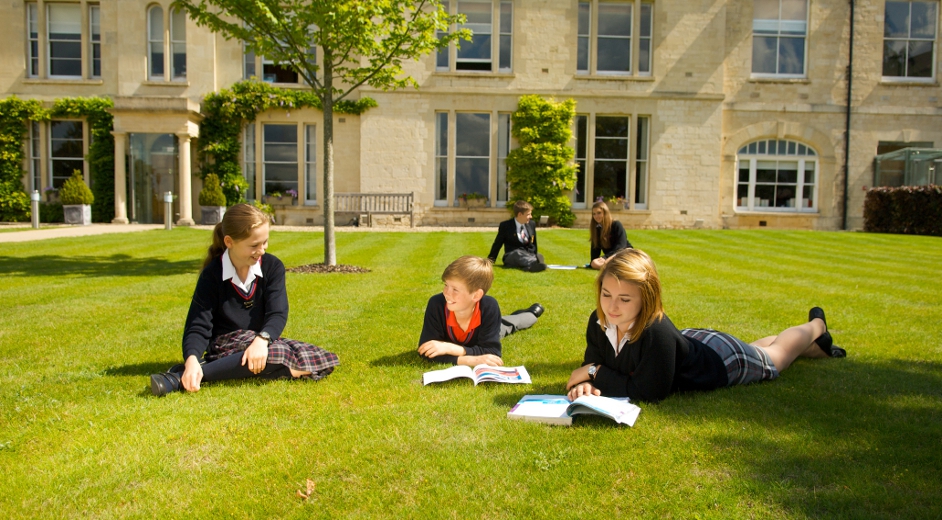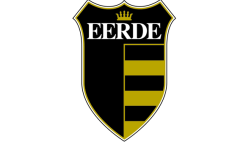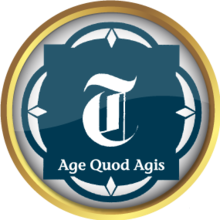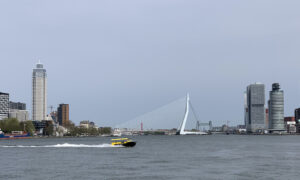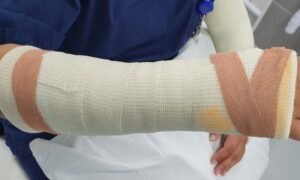While some present and future expat families of all walks are happy enough sending their children to an international school, boarding schools are another education option.
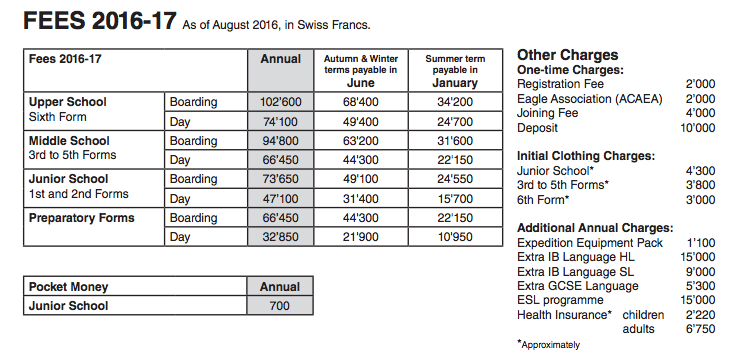 The reasons for choosing a boarding school are similar to the reasons for choosing an international school: quality of education, better/more varied selection of coursework, better match between learning and teaching styles, and so on. Boarding schools also foster independence and personal growth in a structured, student-driven environment, where the teachers take on the role of mother and father, assuming some of the same responsibilities.
The reasons for choosing a boarding school are similar to the reasons for choosing an international school: quality of education, better/more varied selection of coursework, better match between learning and teaching styles, and so on. Boarding schools also foster independence and personal growth in a structured, student-driven environment, where the teachers take on the role of mother and father, assuming some of the same responsibilities.
Of course, by their nature, boarding schools are not inexpensive since you’re talking about not just education, but the care and feeding of children and teenagers for at least eight months. Not to mention paying competitive salaries to outstanding teachers. So you can count on fees running as much as $100,000 per year (depending on the age of the student) including school trips and other miscellaneous expenses.
And if you’re looking at Europe’s most elite schools such Le Rosey in Geneva, Switzerland, add another 30 percent.
That said, by our public-school math, the average tuition including room and board is about $50,000, which isn’t shockingly higher than elite non-boarding private high schools in the United States. Above is the fee schedule (in Swiss Francs) for Aiglon College in Switzerland, which is fairly typical.
Allow us to present you with some options for boarding schools in Europe. There are more options, of course, but the six below should give you an idea or two on what to look for when searching for the boarding school which best fits with your children.
Full disclosure: Some boarding schools have – shall we say – interesting histories and bullying was not uncommon. Those days are over, with all schools going out of their way to note zero tolerance. Many schools have cultivated elite images, and environments with an abundance of wealthy students might tend toward elitist and competitive. Top film stars and Formula 1 drivers sent their kids to Aiglon College in Switzerland, for example, which we’ve included on this list. It had sort of a Jet Set repution where there was such a thing as a Jet Set. But about 2000, the school had a series of scandals, though now appears to be back on form. The moral of the story is, always do your own due diligence. Just because James Bond’s kids went to a school doesn’t mean it’s right for yours.
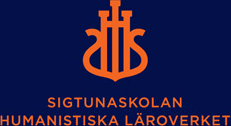 Sigtunaskolan Humanistika Läroverket
Sigtunaskolan Humanistika Läroverket
Located north of Stockholm, Sweden, Sigtunaskolan Humanistika Läroverket – “Sigtuna” for short – is the boarding school King Carl Gustaf XVI of Sweden attended in his youth. The co-ed school was founded more than a century ago, and attracts students from within the Scandinavian nation and beyond.
Why it’s one of the best: Sigtuna’s safe, supportive environment, round-the-clock access to house parents and tutors, wide selection of extracurricular activities, and small class sizes help contribute to the school’s holistic approach to education. The aim, per school director Dr. Margret Benedikz, is to give the world global citizens “who recognize their common humanity and shared guardianship of the planet.”
Tuition averages 300,000 Swedish Krona, the equivalent of about $40,000 per year.
Ages: There are currently three homes for boys and three homes for girls. Boarding students range in ages from 13 to 19. Sigtuna also has day schools.
Contact email: [email protected]
 Bishop’s Stortford College, Hertfordshire
Bishop’s Stortford College, Hertfordshire
Why it’s one of the best: The Hertfordshire-based college north of London has about 1,000 pupils “of mixed ability.” So this would be a more egalitarian setting than some boarding schools. About 70 percent of General Certificate of Secondary Education candidates achieved A*/A, which is exceptional. French or German are compulsory at this level. Fifty-eight per cent of pupils achieved A*/A at A-level. The school’s sports teams excel at rugby and hockey. Academic, arts, music and sports scholarships are offered, with additional financial assistance in the form of bursaries. Notable alumni include rugby player Ben Clarke and two former heads of MI5, according to a Telegraph post.
Fees are the equivalent of about $35,000 per year, so in the universe of boarding schools, this could be considered something of a bargain.
Ages: 4 to 18
Contact email: [email protected]
We couldn’t leave the Netherlands out of the conversation – it is our HQ, after all; thus, our next stop is International School Eerde. Located 90 minutes to the east of Amsterdam, Eerde is housed in a castle that dates back to the 12th century. Many a baron called the castle and its surrounding woods home over the centuries, including Baron van Pallandt, who gave refuge to many Jewish children during the darkening days leading up to the start of World War II.
Why it’s one of the best: Eerde holds numerous accreditations, including those from the Council of International Schools, European Council of International Schools, Cambridge, and International Baccalaureate. Students play an active role in maintaining a safe environment for study and fun, and the boarding parents help foster the welfare and happiness of their charges. After-school activities allow students to collaborate with others while recognizing their own skills and developing new ones. And of course, Eerde’s vision is for its students to leave the castle gates ready for their next phase in life as responsible and compassionate global citizens.
Boarding and tuition total about 45,000 euros per year.
Ages: 4 to 19.
Contact email: [email protected]
Between Bordeaux and Toulouse in the south of France on the site of Meilhan-sur-Garonne, L’École de Tersac is a private secondary boarding school nestled in the countryside. Kids from more than 60 nations call Tersac home, studying within the French secondary school curriculum.
Why it’s one of the best: Tersac offers three levels of boarding, private tutoring, and holiday and summer courses. International programs focus on language, and those who graduate can attend St. Edward’s University in the United States, the result of a partnership between the two schools and “la Catho,” the Catholic University of the West. Tersac’s students have delivered test scores of 100 percent in “le baccalauréat” every year since 2004.
Fees: Not listed on the website
Ages: 7 to 18
Contact email: [email protected]
Occupying a “sunny, south-facing plateau” over 4,000 feet above sea level in the small Swiss town of Chesières-Villars, Aiglon College takes its name from the French word for “eaglet,” which is what the boarding school’s students are to the teachers and support staff. Aiglon was founded by British-born John Corlette in 1949 with six students, with the goal of incorporating meditation and outdoor exploration into the education experience.
Why it’s one of the best: A favorite of royalty and celebs, Aiglon focuses not only on the student’s academic excellence – which Corlette found wasn’t enough for a well-rounded human to function in the larger world – but also on their physical fitness, self-reliance, and spiritual development. Because of the boarding school’s location, winter sports such as skiing, snowboarding, and ice climbing are within reach, while mountain biking, horse riding, and hiking are some of the activities dominating the summer months. And of course, Aiglon has a research-grade telescope in nearby Kalouti Observatory, helpful for furthering science studies across the board.
Fees: Again, this is one of the most storied boarding schools in Europe. Fees total about $100,000 per year.
Ages: 9 to 18
Contact information: [email protected]
Founded by Prince Max von Baden and educationalist Kurt Hahn in the German town of Salem in 1920, Schule Schloss Salem is Germany’s largest and most well-known boarding school. Students learn the fundamentals of responsibility, for themselves, for the needs of the school community, and for the world outside.
Why it’s one of the best: Salem focuses on character building through its own accreditation program, Round Square, including environmental stewardship, leadership, and international understanding. Holistic education is the norm, based upon both “learning by experience” and “experiential learning.” Students also prepare for either the International Baccalaureate Diploma or the Baden-Württemberg Abitur.
Ages: 11 to 18
Tuition and board range from 35,000 euros to about 40,000 euros per year.
Contact information: [email protected]
Lifestyle journalist. Born in Louisville. Raised in Kansas. Where I lay my head is home.


